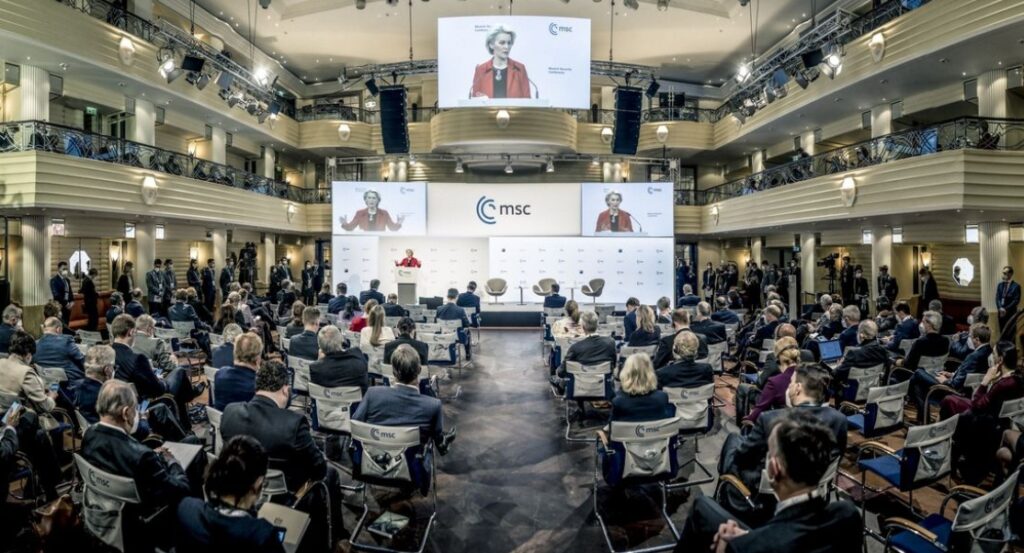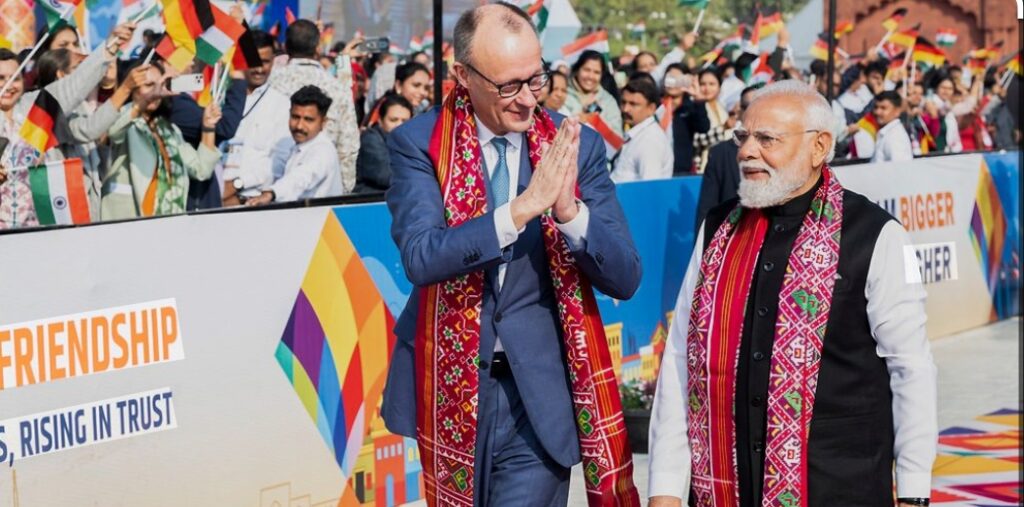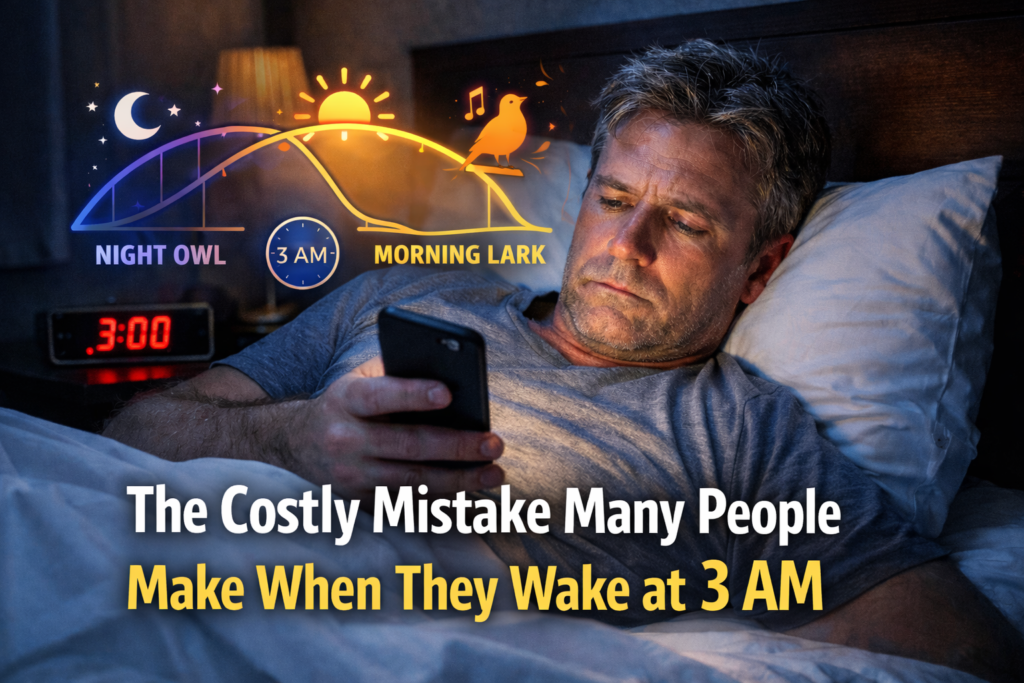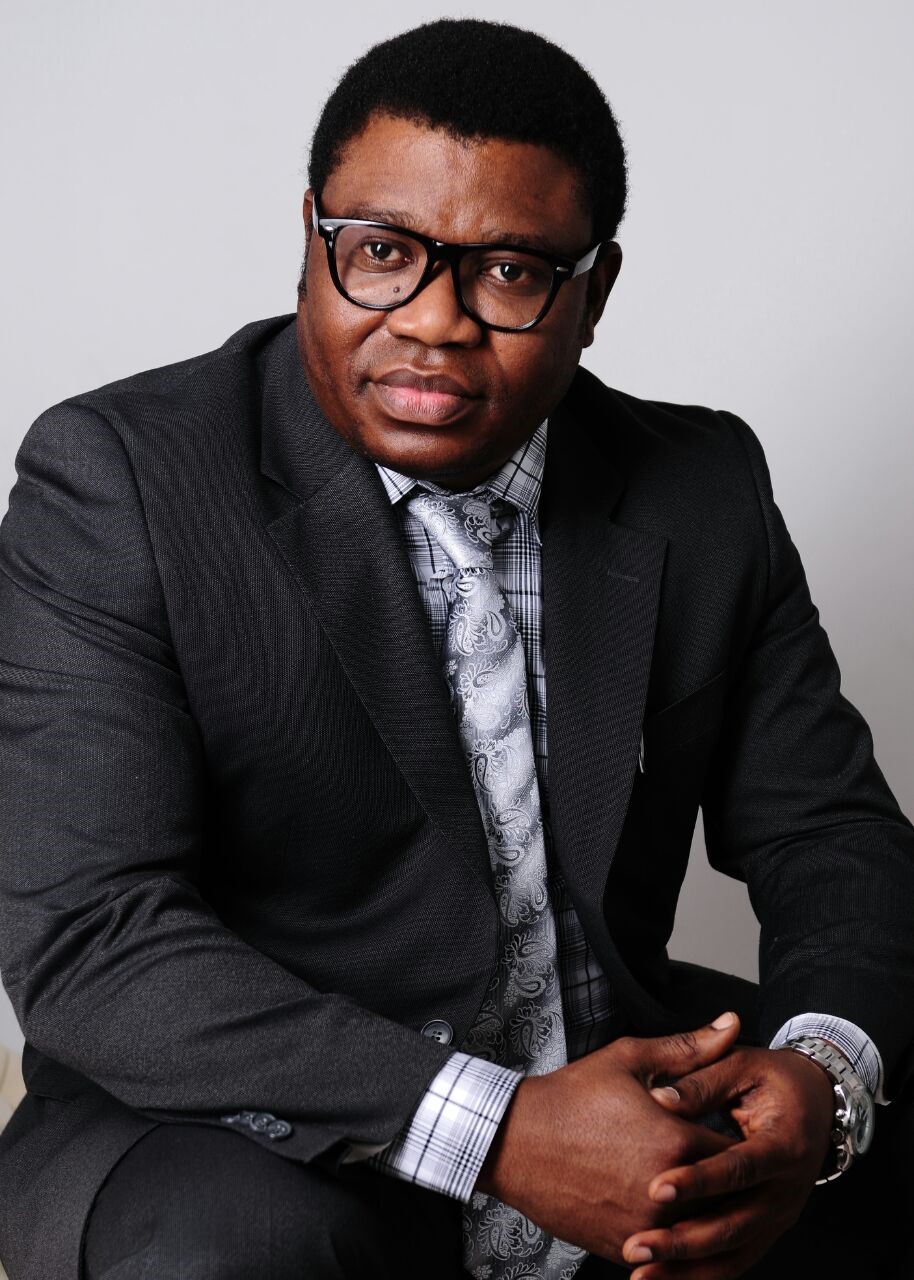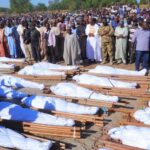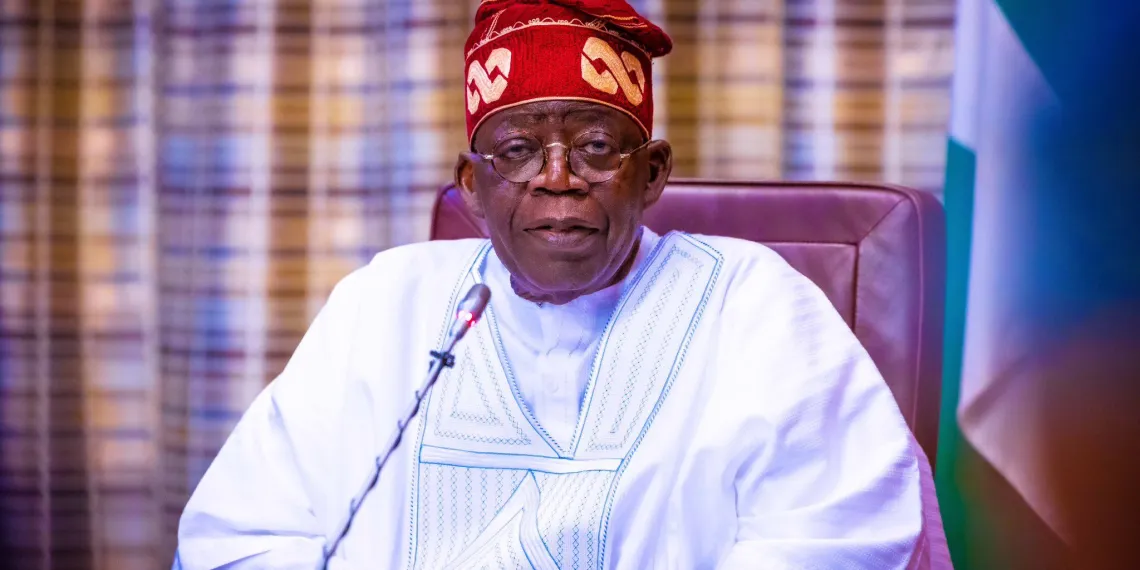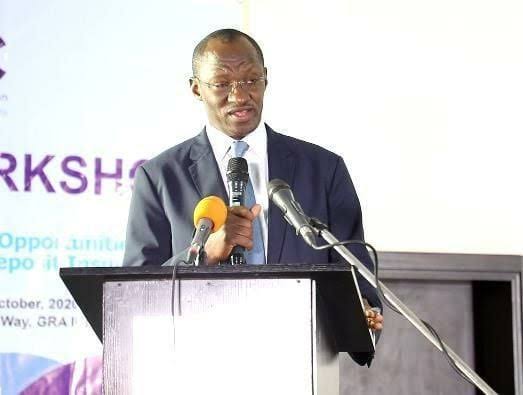Breaking the Silence on Nigeria’s Christian Persecution and Injustice
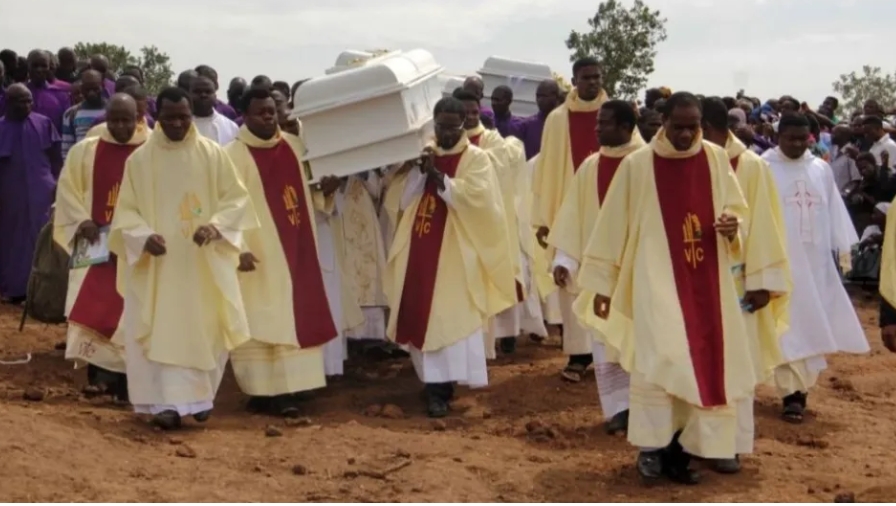
“When we see people in pain and we don’t bother, when we mock their grief, we create space for outsiders to become saviours.” – Rev. Joseph Hayab
The recent warning from U.S. President Donald Trump about potential military action in Nigeria has ignited a firestorm of international debate and national indignation. At the heart of this controversy lies a painful divide: while the Nigerian government rejects what it calls a “gross misrepresentation of reality,” those living daily with violence hear something different in Trump’s words — international validation of their suffering.
In exclusive interviews with ARISE Television and Truth Nigeria on CBN News, Reverend John Joseph Hayab, Chairman of the Christian Association of Nigeria (CAN) across Nigeria’s 19 northern states and the Federal Capital Territory, offers a penetrating analysis of the crisis that transcends political posturing. His account reveals a complex tapestry of historical grievance, ongoing violence, and a path toward national healing that begins with a simple yet elusive step: acknowledgment.
The Weight of Experience: Burying the Dead
Reverend Hayab speaks with the authority of experience, not the abstraction of ideology. When asked whether the violence against Christians constitutes genocide, his response is unequivocal: “Y-E-S, Yes.” This conclusion stems from two decades of firsthand experience burying victims of religiously motivated violence.
“The killings have always been there,” Hayab states, recounting historical crises that predate the Boko Haram insurgency. “You begin with the issue of Sharia crisis in 2000. Over 2,000 people died and we know what really happened. We buried them.” He cites the 2002 Miss World riots that left over 300 dead, the 2006 Danish cartoon crisis, and countless other incidents where Christians were targeted. “I actually did the burial,” he emphasizes. “It’s not a story.”
For Hayab, the pattern is clear and consistent: “They came as Islamic fundamentalists. No Christian is saying that Muslims had a meeting and asked some people to go and kill them. But Christians are saying that fundamentalist terrorists came in the name of Islam and killed Christians.”
Beyond the Bullets: The Architecture of Persecution
While international attention focuses on body counts, Hayab reveals a comprehensive system of discrimination that extends far beyond physical violence. He describes how Christian students in public universities face systematic exclusion: “Our children cannot be admitted to certain universities that are public universities, and their crime is not because they are not qualified. They are Christians.”
Even when admitted, these students face religious discrimination in worship. “They don’t have a permanent place to worship. Every Sunday they will be changing classrooms. You’re not going to worship here today; you’re not going to worship here next week.” This systematic marginalization, Hayab argues, creates the cultural conditions that enable more overt violence.
The Ideological Roots: Beyond Boko Haram
Many international observers frame Nigeria’s religious violence through the lens of Boko Haram, but Hayab traces the ideological lineage much further back. “If I quickly take you back to late 1970s when the Maitatsine happened,” he notes, referencing the Islamic sect that launched a violent uprising in 1980. “The only challenge is that at the time of Maitatsine there was no use of the term terrorism. But what Maitatsine did was exactly terrorism.”
He identifies the core ideology as religious exclusivism: “The ideology simply is that anybody who does not believe in their brand of Islam is an infidel… The ideology is Islam and Islam alone.” This worldview, he argues, manifests not just in violence but in resource allocation, education, and development.
Hayab recalls specific religious leaders who propagated this exclusionary vision, citing a 1986 declaration by a northern leader that “according to Islamic teaching, a Christian cannot lead him, and he cannot also be led by a woman.” Such teachings, he suggests, have deeply influenced Nigeria’s political and social landscape, creating an entrenched intolerance that continues to shape interfaith relations.
The Current Crisis: A Ground-Level View
As Trump’s warning reverberates through diplomatic channels, the violence on the ground continues unabated. Truth Nigeria correspondent Mike Odeh James reports from Taraba State, where he witnessed escalating atrocities following Trump’s statement. “Immediately after Trump’s ultimatum to Nigeria, the Fulani militants have executed or have killed more than 20 persons,” James states, noting that the death toll continues to rise daily.
The figures from affected regions are staggering. Reverend Mark Maida, Catholic Bishop of Wukari Diocese, reports that between 2019 and 2025, “more than 230 Catholic churches have been completely erased,” while approximately 300,000 Christians have been internally displaced in Taraba State alone. James describes entire villages systematically captured by Fulani militants, creating waves of internal refugees who lack basic necessities.
Reverend George Dogo of the Holy Family Cathedral reports that 201 villages under his parish supervision have been “completely captured” by Fulani fighters. The strategy, according to observers, is gradual annexation: “They come gradually. They push. They annex your land. They go further. They exterminate the people. The people run and they occupy.”
The Government Response: Denial and Defensiveness
Hayab expresses profound frustration with the official response to the crisis. Rather than acknowledging the problem and taking decisive action, he says, the government engages in damage control and denial. This pattern extends to what Hayab describes as deliberate “misinformation” campaigns, including the manipulation of his own statements in a fact-finding mission.
“Whoever did one small video to blackmail me then did not know that I had the full video,” he says, explaining how his comments were selectively edited to distort his message. Similar manipulation occurred when CAN representatives met with government officials: “The Bwala team came to see our national leaders instead of discussing honestly, they just wanted to catch them on camera with photo group photographs and they came out and said that our national president said there’s no genocide, and our national president never said so.”
This atmosphere of disinformation, Hayab argues, prevents honest confrontation of the crisis and erodes trust between Christian communities and government authorities.
A Path Forward: Truth, Dialogue, and Action
Despite the grim reality, Hayab proposes a clear roadmap toward resolution that begins with acknowledgment. “You can’t tell someone who is a victim who is in pain that his cry about his pain is not true. Once we stop doing that, then we will find a solution.” His approach centres on three fundamental principles:
1. Acknowledgment: “Let’s admit that yes, people came and killed Christians, and they came in the name of Islam religion… When we acknowledge that fact, then we’ve started a journey of healing.”
2. Honest Dialogue: “When we begin to talk honestly to one another and understand the feelings, the cry, the pain that people are going through, then people will trust any conversation we bring on the table.”
3. Legal Accountability: Hayab advocates for establishing a specialized government task force “in charge of religious freedom that will monitor, investigate, advocate, and prosecute those who infringe on other people’s right.”
Regarding Trump’s threatened intervention, Hayab offers a nuanced perspective that contradicts the government’s narrative. “Listening to what Trump said, Trump never said he was going to come to fight Nigeria,” he clarifies. “There’s a twisting of all these things. Trump simply said, ‘Go after these terrorists; if you don’t go after them, we will come and go after them.'”
He frames the international pressure as a potential catalyst for change: “If you fail to act and Trump says he’s coming, let him come, at least it will show you’re not the only one who is watching.” Yet he emphasizes that sustainable solutions must come from within Nigeria: “We supposed to as a sovereign country fight.”
A Nation at a Crossroads
Reverend Hayab’s testimony reveals a nation at a critical juncture. The choice, he suggests, is between continued denial that fuels division and violence, or honest acknowledgment that opens the path to healing. His perspective bridges the gap between international concern and local reality, offering a way forward that respects Nigeria’s sovereignty while demanding accountability for its most vulnerable citizens.
The crisis facing Nigeria’s Christians is not merely a matter of statistics or geopolitical posturing. It is about fundamental human dignity, the right to exist without fear, and the recognition of shared humanity across religious divides. As Hayab implores, “Think of me as a Nigerian. Think of me as a fellow neighbour. Think of me as a citizen and treat me with that respect. I don’t need to wait for Trump for that.”
The world is now watching, but the solution must begin at home. It starts with admitting that something has gone terribly wrong, and that for thousands of Nigerian Christians, the crying need is not for international intervention but for their own government to see their pain, hear their cries, and finally say: “We acknowledge your suffering, and we will make it stop.”


